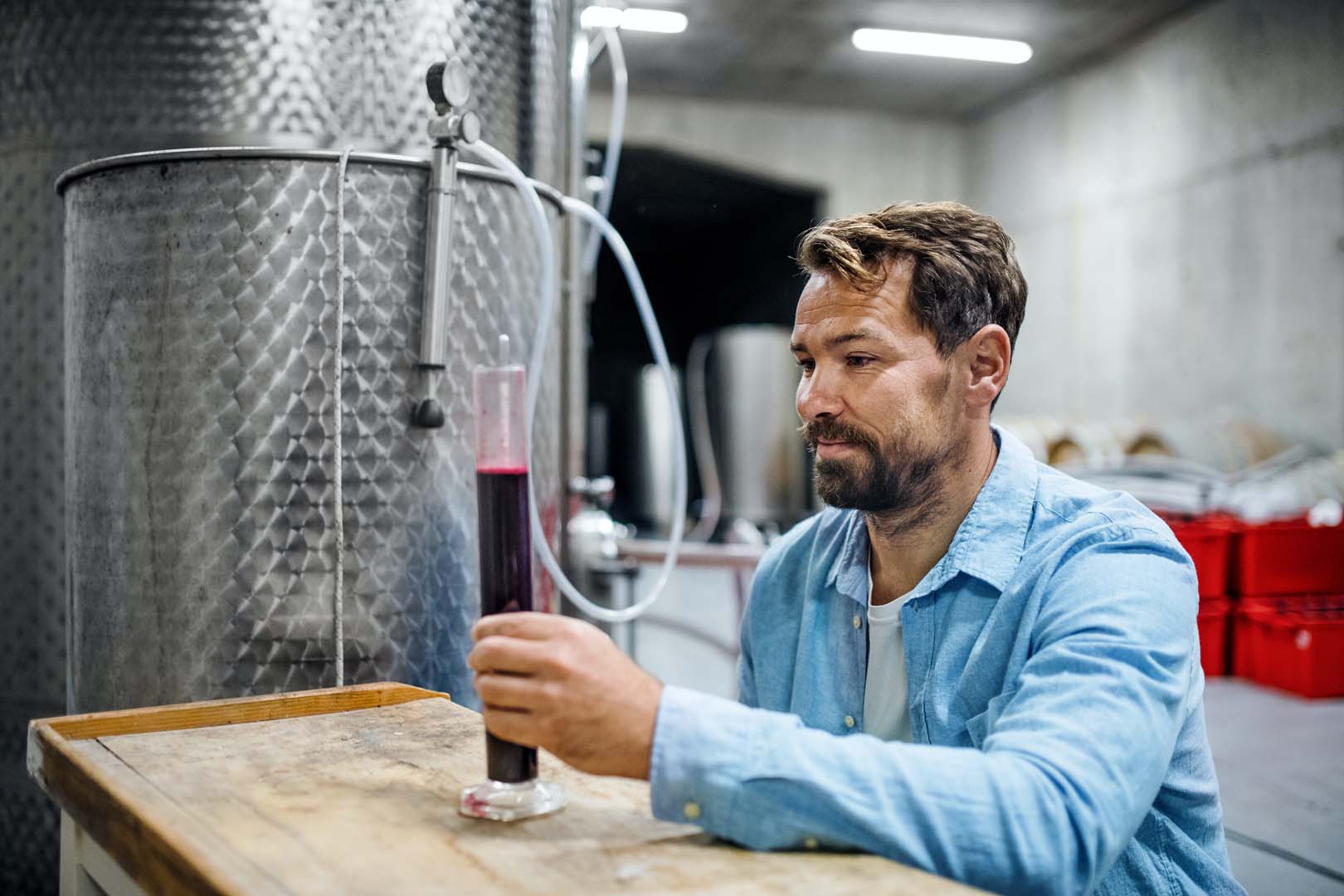Uncorking Success: Strategies for Selling Wine Online
Discover effective strategies and tips for successfully selling wine online as a winery.
Understanding the Online Wine Market
To successfully sell wine online as a winery, it is essential to understand the online wine market. This includes researching and analyzing the current trends, consumer preferences, and competition in the online wine industry. By gaining a deep understanding of the market, wineries can identify opportunities for growth and develop targeted strategies.
Additionally, wineries should also be aware of the legal and logistical aspects of selling wine online. This includes understanding the licensing requirements, shipping regulations, and age verification processes. By ensuring compliance with these regulations, wineries can operate legally and provide a seamless customer experience.
By understanding the online wine market, wineries can make informed decisions and tailor their marketing strategies to meet the needs and preferences of their target audience.
Building an Engaging and User-Friendly Website
One of the key elements of selling wine online is having a well-designed and user-friendly website. A winery's website should showcase its unique offerings, tell its brand story, and provide a seamless shopping experience for customers.
To build an engaging website, wineries should invest in professional web design and ensure that it is visually appealing and easy to navigate. The website should also have clear and concise product descriptions, high-quality images, and customer reviews to help customers make informed purchasing decisions.
In addition, wineries should incorporate features such as a secure payment gateway, easy checkout process, and personalized recommendations to enhance the user experience. By creating a website that is both visually appealing and user-friendly, wineries can attract and retain customers, ultimately boosting their online sales.
Leveraging Social Media for Brand Awareness
Social media platforms provide wineries with a powerful tool for building brand awareness and engaging with their target audience. By leveraging social media effectively, wineries can increase their online visibility and attract new customers.
To utilize social media for brand awareness, wineries should identify the platforms that their target audience is most active on and create engaging content that resonates with them. This can include sharing behind-the-scenes stories, hosting virtual wine tastings, and showcasing user-generated content.
Furthermore, wineries should actively engage with their followers by responding to comments, addressing their concerns, and running contests or giveaways to encourage interaction. By building a strong social media presence, wineries can establish their brand as a trusted authority in the wine industry and drive traffic to their website.
Optimizing SEO to Drive Organic Traffic
Search Engine Optimization (SEO) plays a crucial role in driving organic traffic to a winery's website. By optimizing their website for search engines, wineries can increase their visibility in search results and attract potential customers.
To optimize SEO, wineries should conduct keyword research to identify relevant keywords that their target audience is searching for. These keywords should be strategically incorporated into the website's content, meta tags, and URLs.
In addition, wineries should focus on creating high-quality, informative, and engaging content that is optimized for both users and search engines. This can include blog articles, wine pairing guides, and educational resources.
By implementing effective SEO strategies, wineries can improve their search engine rankings, drive organic traffic to their website, and ultimately increase their online wine sales.
Implementing Email Marketing Campaigns
Email marketing is a powerful tool for wineries to nurture relationships with their existing customers and drive repeat purchases. By implementing effective email marketing campaigns, wineries can stay top-of-mind with their customers and encourage them to make additional wine purchases.
To create successful email marketing campaigns, wineries should segment their email list based on customer preferences, purchase history, and engagement levels. This allows wineries to send targeted and personalized emails that resonate with each recipient.
Wineries can send a variety of emails, including newsletters with updates on new wine releases, exclusive discounts for loyal customers, and personalized recommendations based on customers' past purchases. It is important to ensure that the emails are visually appealing, mobile-friendly, and include clear call-to-action buttons.
By implementing well-crafted email marketing campaigns, wineries can build customer loyalty, drive repeat purchases, and ultimately increase their online wine sales.

 By
By


